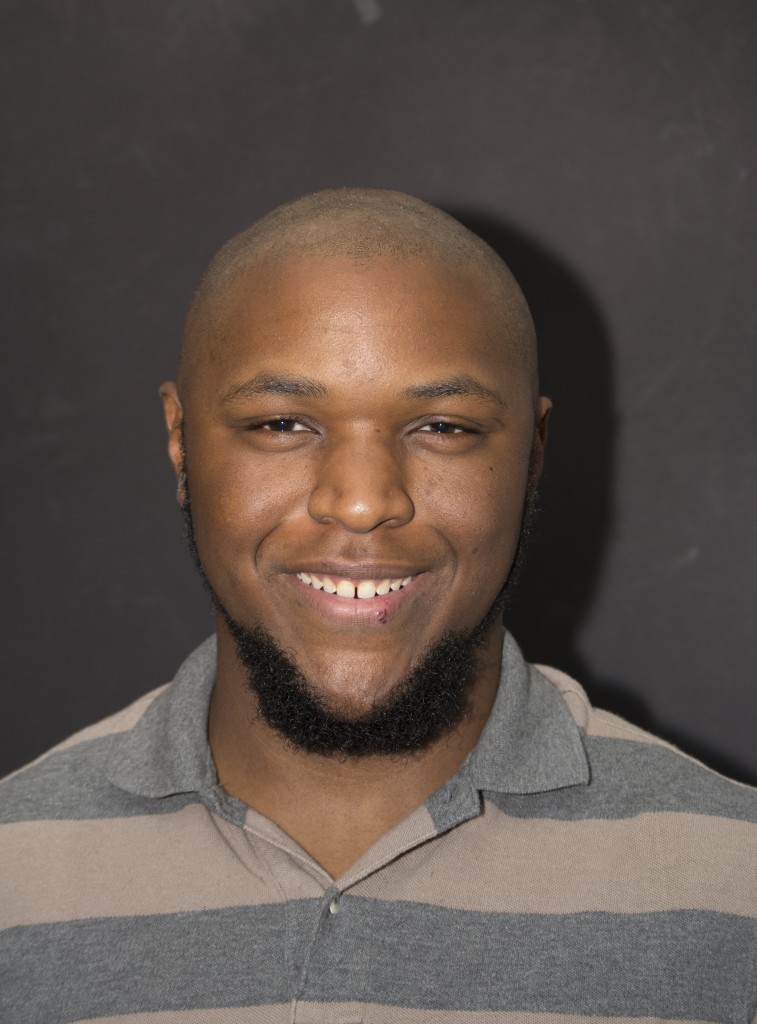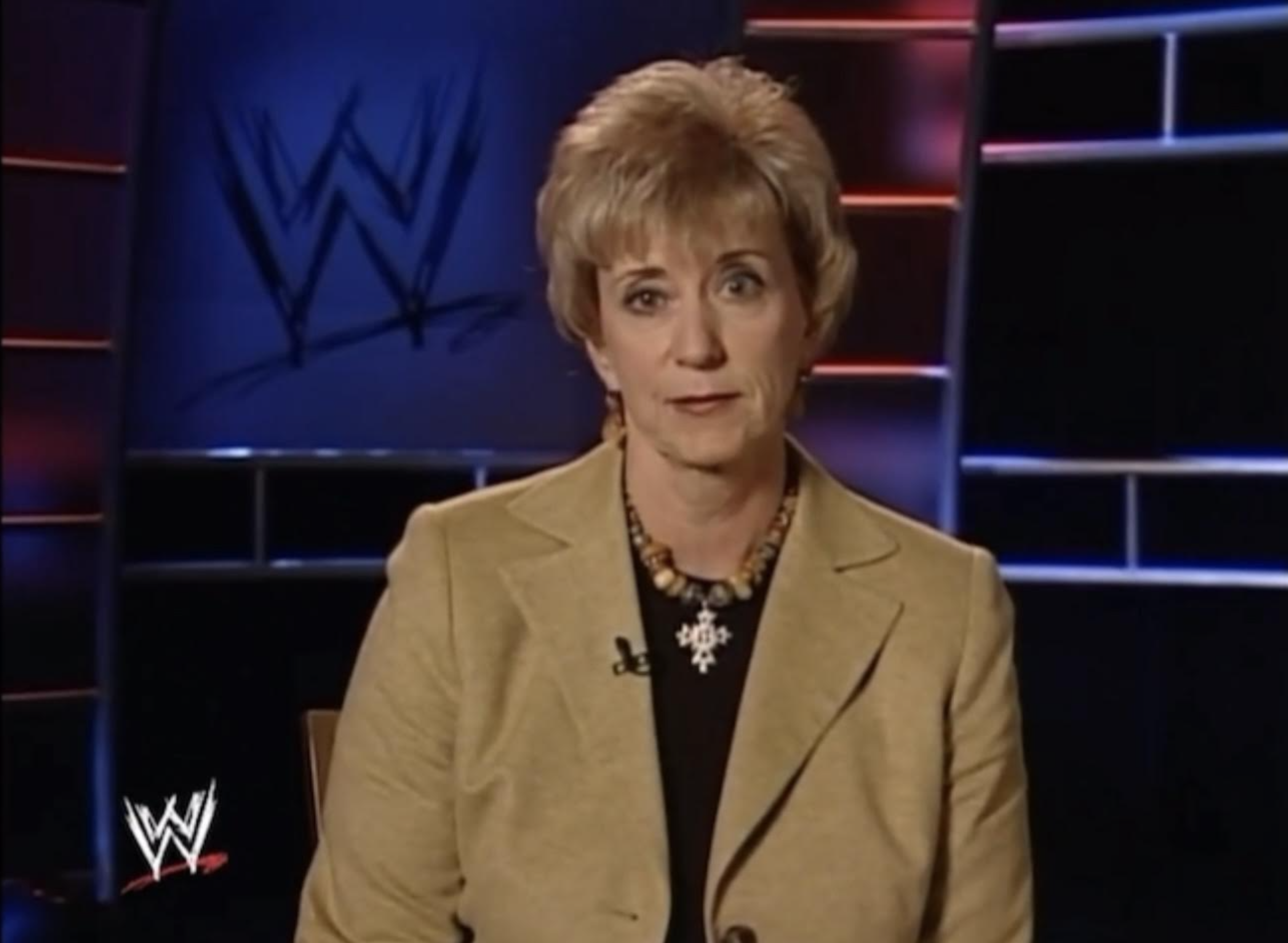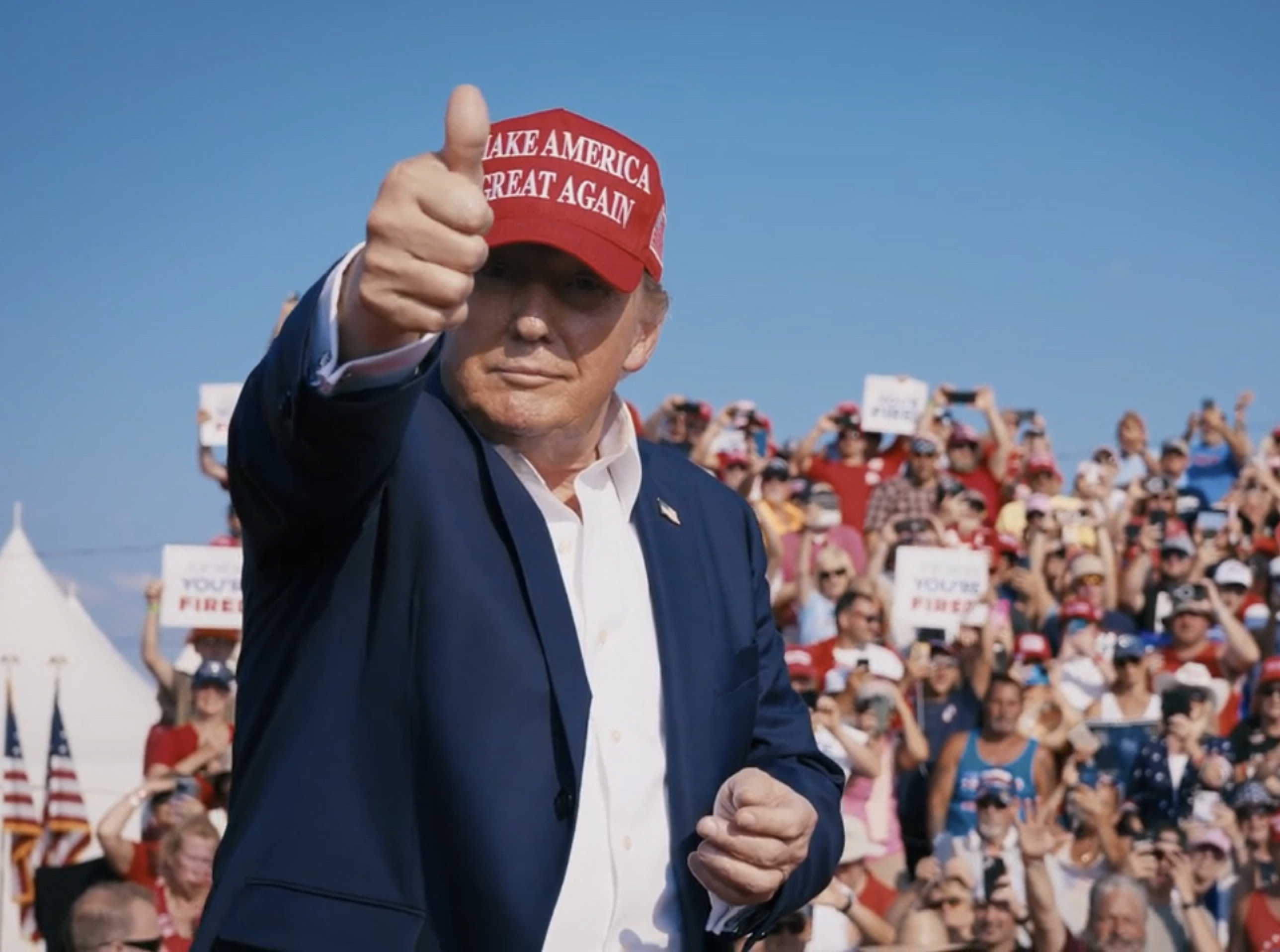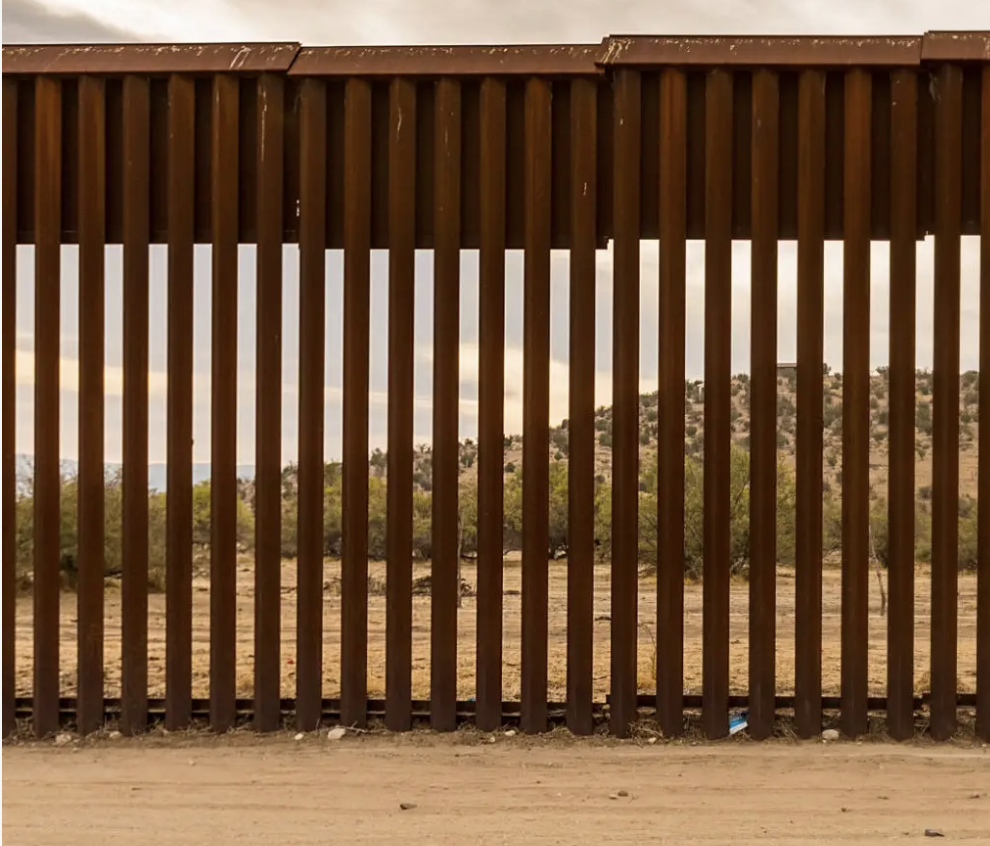Editor Sabree Blackmon explores police militarization as a national conversation

By: SABREE BLACKMON
Copy Editor
The recent events out of Ferguson, Missouri have brought forth a breadth of local issues to the international stage. One of the most visibly stunning reports came out of the use of police force in the protest rallies. In the subsequent days, the topic of “police militarization” became a national conversation. The use of rubber bullets and teargas was seen as an injustice to many, however to local law enforcement, these were seen as necessary tools used to protect property and ensure public order.
Regardless of where one stands on the current issues of the “police state”, there seems to one thing certain — the seemingly conflicting relationship between public safety and the protection of personal liberties is one Americans have struggled with for generations. I believe though that our inconsistency on these issues makes the policy enacted muddy and often shortsighted. Our fast news cycles and tendency to forget often means real fundamental and difficult policy changes never comes about.
Historically, incidences of national prominence that have involved police have consistently changed the public’s tone and attitude of policing policies. Incidences of force used against the public or of perceived discriminatory use of power, like the controversial New York City stop-and-frisk policy, spur calls for investigation and criticism. However, incidents like the Beltway sniper attacks, the attacks on 9/11, or the Columbine High School massacre garner support for more force capable and tactical local police departments.
Our local police forces are the first responders to incidents of internal terror and to major threats of public safety. As such, there is often outrage when police forces are ill-equipped or do not receive the proper training or funding needed to respond adequately to these threats. Are we then talking out both sides of our mouths when we now criticize the arming of our local forces that many of us demanded in the past?
Good students of history and politics may cynically note that this repeating pattern of hyper reaction occurs among many social issues that we struggle with as a society. However, it is almost impossible to enact fairly reasoned, pragmatic and lasting policy decisions on the backs of crises. It appears though that only during times of crises do many people seem to pay much attention to these important policy questions, often leaving many decisions to be made without much public insight.
I am glad that the national debate around local policing has gotten as vigorous as it has today — these are policy decisions in which every American should have a say. However, we also need watchdogs keeping the policy making process fair and accountable when the media has its attention elsewhere. We can ensure our police departments are protecting our liberties and serving our communities fairly while also giving them the tools they need to keep us safe.
We can only effectively do that however if we are constantly involved as a public, and not solely engaging when tragedy strikes. Let us keep the conversation going this time.










